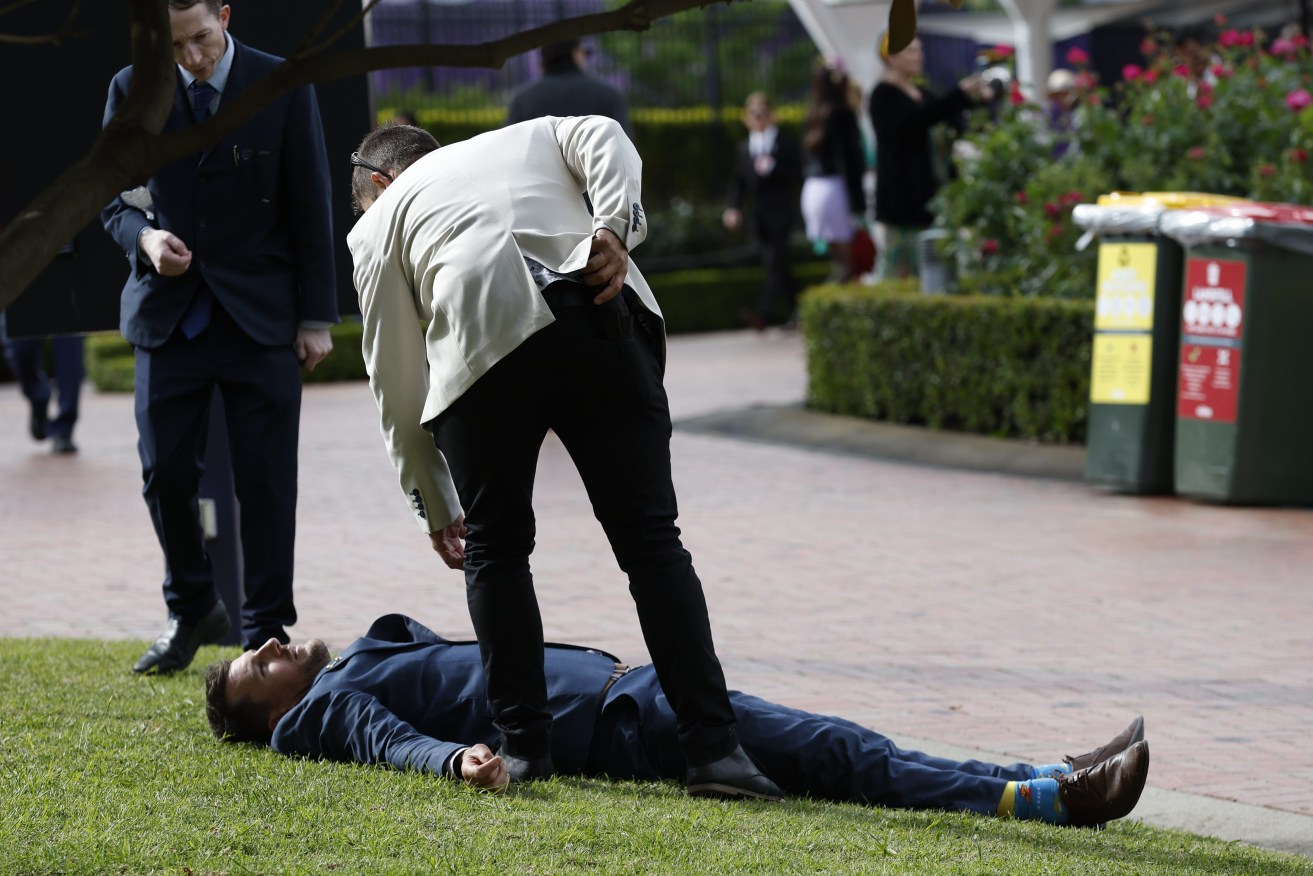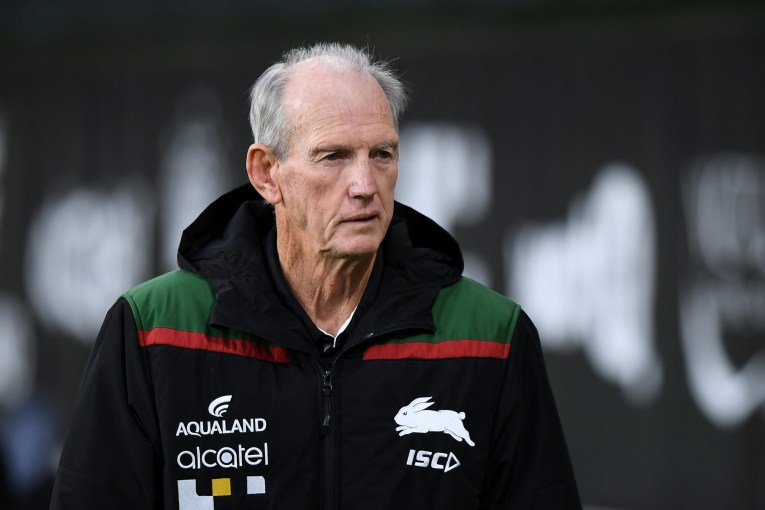Cup runneth over: Victoria to drop public drunkenness laws
The criminal offence of public drunkenness will be abolished in Victoria from Melbourne Cup day.

Racegoers following the running of the Melbourne Cup at Flemington Racecourse in Melbourne, Tuesday, November 1, 2022. (AAP Image/Con Chronis)
Victorian tender documents show the criminal justice response to public intoxication will be replaced with a health-based approach from November 7.
The date coincides with the annual Melbourne Cup public holiday.
The Victorian government committed to decriminalising public drunkenness at the start of a 2019 coronial inquest into the death of Yorta Yorta woman Tanya Day.
Day was arrested for being drunk in a public place in December 2017 and later died after she hit her head on a wall in a concrete cell at Castlemaine Police Station.
Her death was preventable, a coroner found.
The government has also committed to providing a dedicated Aboriginal service response to public drunkenness in metropolitan Melbourne and 10 regional and outer-suburban locations.
A general service response will also operate in the city, while centralised services will provide a coordinated approach across the state.
But Police Association of Victoria secretary Wayne Gatt said there were still gaps in the government’s approach.
“What are we going to do, what are our powers we’re going to use once it’s no longer an offence?” he told Melbourne radio station 3AW on Thursday.
“You should have residual powers for police so they can actually do something, because those sorts of people are very unlikely to just go home willingly when a person from an outreach team turns up.
“They’re going to be met with the very same response police have been met with for decades.”
The government has opened the tender process for services, with applications to close on May 9.
The volume of intake, referral and dispatch calls per month could be as high as 1000, although services have been told actual demand will depend on policing protocols and community uptake.
Successful services will be contracted to provide the health-based response through to June 30, 2026.












